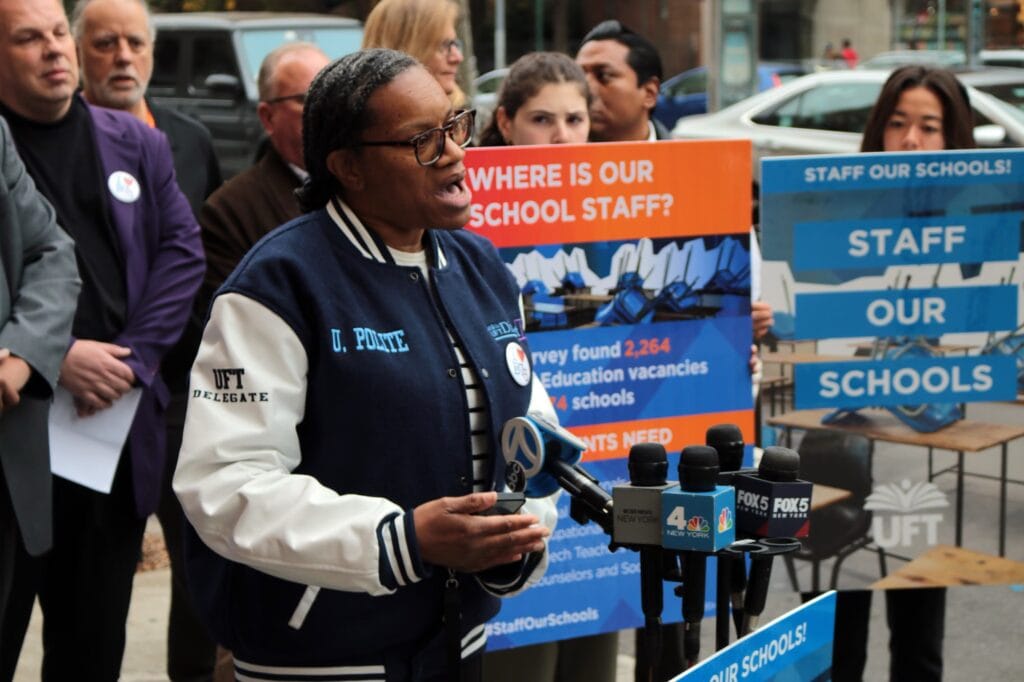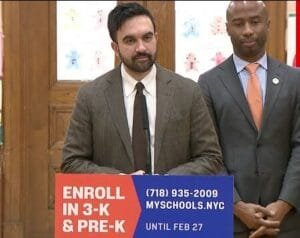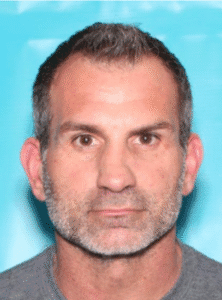NYC staff shortages leave special education students without vital services, union claims
A recent survey by the city’s teachers union reveals that thousands of special education students are missing crucial services due to staffing shortages

A recent survey by the city’s teachers union reveals that thousands of special education students are missing crucial services due to staffing shortages, with nearly 9,000 students across New York City’s public schools left without support like speech therapy, occupational therapy, and paraprofessional assistance.
The survey, which covered both traditional public schools and District 75 schools serving students with the most complex needs, found alarming gaps in staffing. Of the 474 schools surveyed, 81% responded, uncovering 2,264 vacancies across various positions, including 1,558 paraprofessionals, 445 special education teachers, 139 therapists, and 39 social workers and counselors.

“The frustration here is that we’ve been in constant contact with the Department of Education over these services. Their response has been incompetent, to say the least,” said Michael Mulgrew, president of the United Federation of Teachers (UFT).
One teacher, Jeffrey Andrusin, detailed the impact of these shortages at M169 in Manhattan, where he is legally required to have eight paraprofessionals for his class of eight students but currently has only three. He also noted that only one of his students is receiving necessary occupational therapy. “At what point is this considered unsafe or unhealthy for our students and our staff?” he questioned.
Parents are also feeling the strain. Phillipa Bowden, PTA president at M169, shared the emotional toll on families, recalling how a mother of a child with autism came to her in tears after her daughter had not received any speech therapy this year. “This poor parent was so upset that I felt so badly for her,” Bowden said, “I was thinking, ‘Well, maybe my son could give up one of his speech sessions so the little girl could at least get one session.’ How crazy is that?”
In response, Schools Chancellor Melissa Aviles-Ramos assured that the Department of Education would prioritize students with disabilities. “Together with UFT, we have hired an additional compliance liaison, creating an easier pathway to escalate and resolve concerns,” she stated, emphasizing efforts to improve classroom support and training for staff.
Despite these assurances, Mulgrew argues that the city’s response falls short. “When the Department of Ed responds with paperwork compliance versus what actually a child is getting inside of the schools, that should be shame on them,” he said, calling for more aggressive recruitment and hiring to fill the critical roles.
As the city grapples with these shortages, the urgency to address the gap in special education services grows. For many, the well-being and educational opportunities of vulnerable students hang in the balance.














